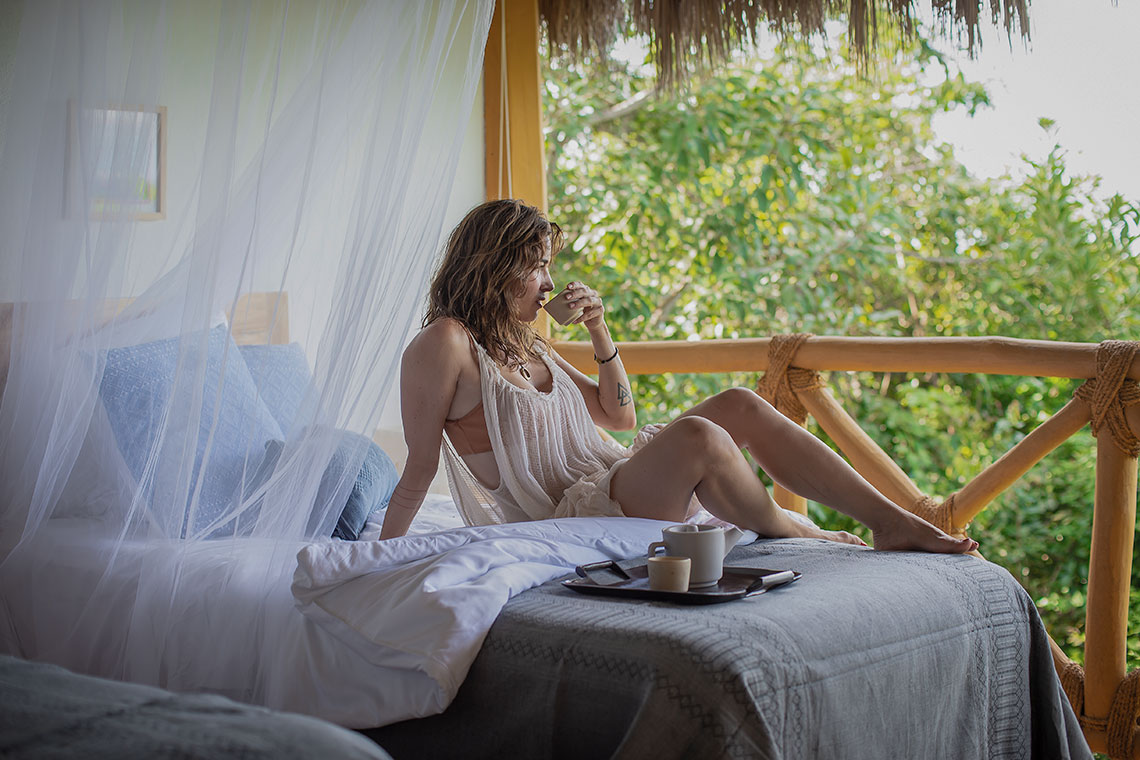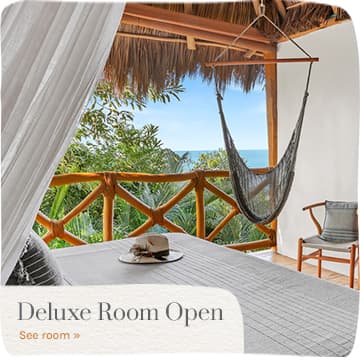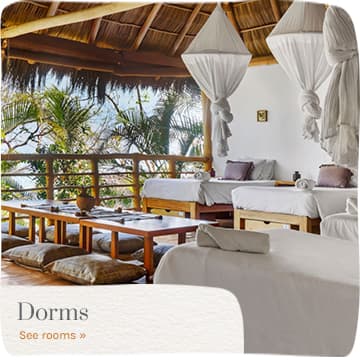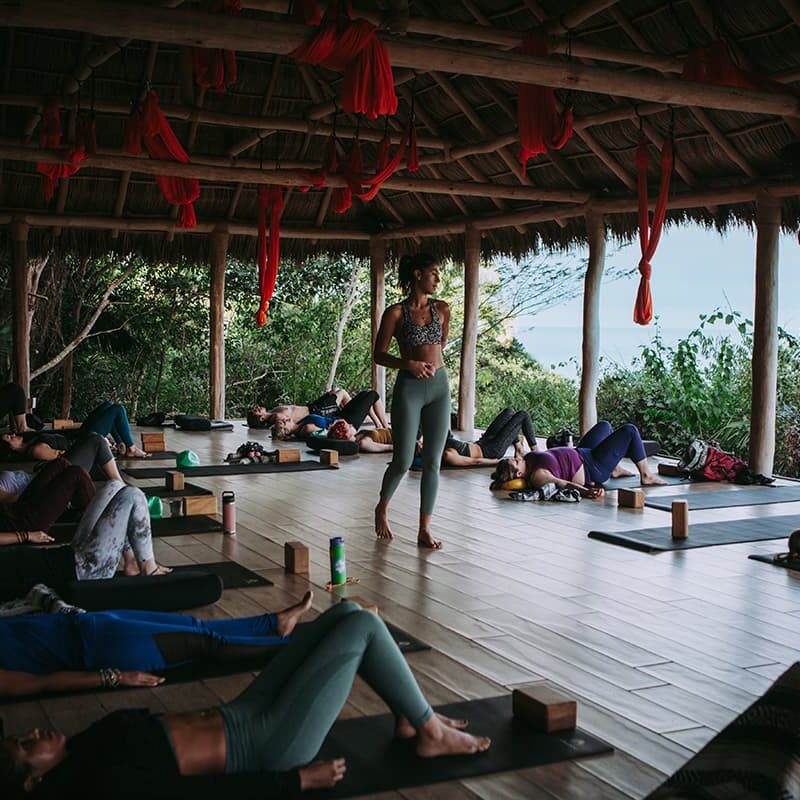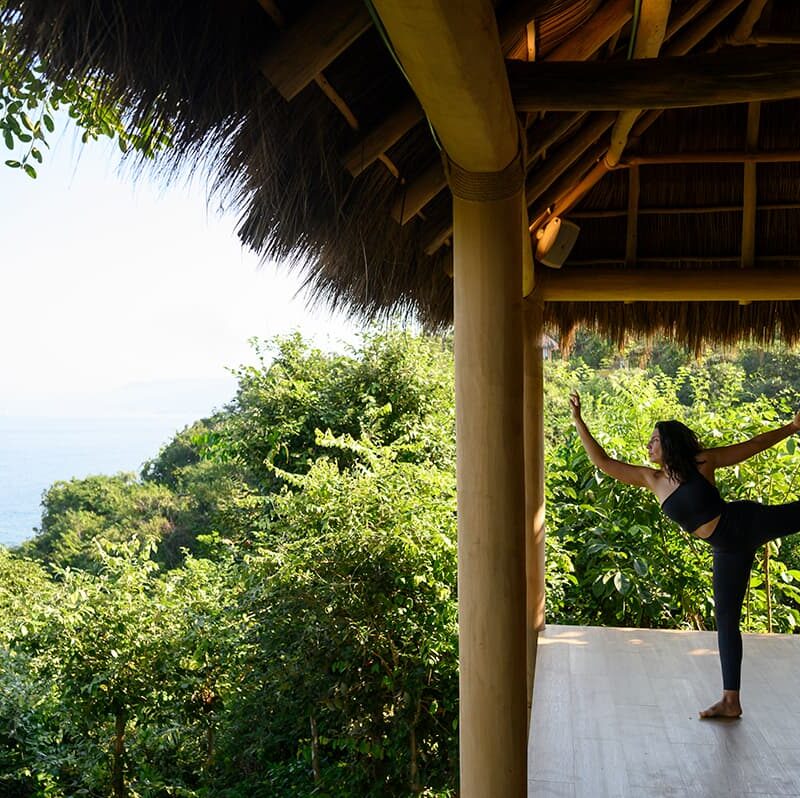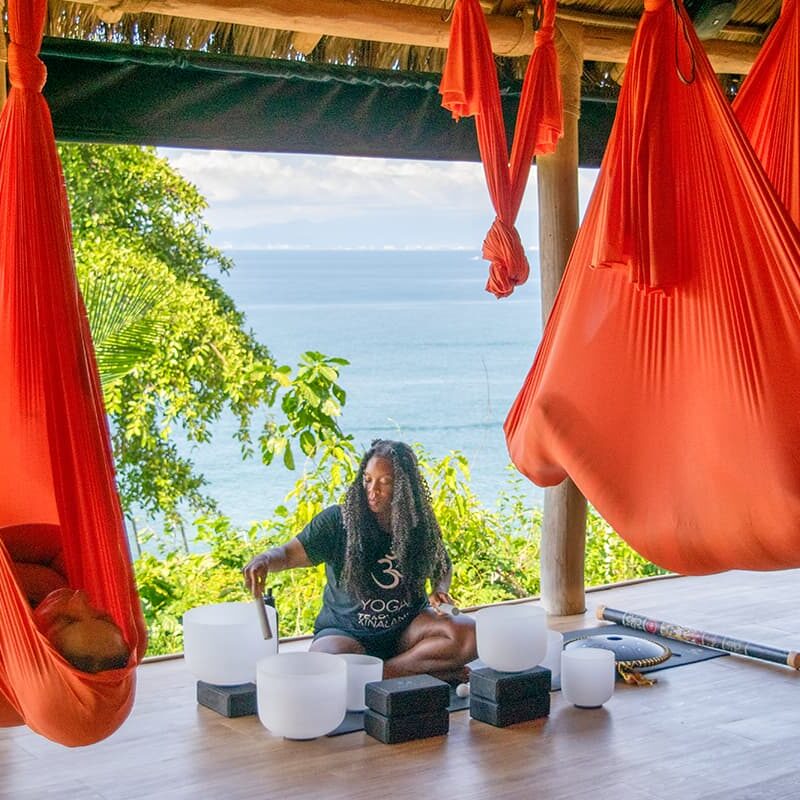Traveling is exciting, but it's also very demanding. You may be jumpy when boarding a plane. But during the trip, you may experience feelings of exhaustion, frustration, and stress in abundance.
Xinalani's All Inclusive Packages
This, in turn, makes sleeping soundly almost impossible. In this post, we'll share some prominent causes of sleep disruptions, along with some tips to address the identified problems effectively.
Beautiful Eco Chic Rooms and Beach Casitas
Potential Sleep Disruptions During Travel
The exact problem that's disrupting your sleep is specific to each individual. However, the following are some common causes of sleep disruptions:
Jet Lag
Jet Lag is a condition wherein an individual is unable to sleep when traveling across multiple time zones. Basically, their circadian rhythm or internal clock is disturbed. When they land in a different time zone, their body is unable to adjust to the charge.
Say you board a plane early in the day.
When you arrive in another country, it's way past midnight. But since you traveled only for a short time and began your day early, your body expects it to be an evening in the new country. And this is why you're unable to sleep. It takes about 2-3 days to adjust to a new time zone.
Fatigue
Travel fatigue refers to both physical and mental stress that builds up during travel. Physical stress can build up when you're unable to sleep (despite being tired) or when you've to sit upright in a plane, car, or train. It can be also build up when the seats, your clothing, or shoes are uncomfortable.
Mental stress builds up when you’re forced to sit in an undesired area, during wait times, during unwanted social interaction, and when missing friends, family, or close ones. If you’re on a business trip, thoughts about upcoming duties may build up stress.
It is a widely known fact that feelings of tiredness encourage sleep. However, it is perfectly possible to have trouble sleeping when you’re over-fatigued.
Anxiety
Traveling often asks you to face your fears or address your phobias. You may have to face situations that are way out of your comfort zone.
Although this aspect of traveling helps you grow, it also contributes to your anxiety significantly. And this is particularly true if your phobias and fears are associated with traveling itself. You cannot avoid it. The abundance of anxiety during travels can make it difficult to sleep.
Uncomfortable Environment
When you’re on a plane, train, or car, there’s usually a lot of unwanted noise and light around. Even as people attempt to maintain silence, there’ll always be something or someone causing a disturbance.
Plus, there’s no comfortable pillow, mattress, or blanket to ease your sleeping process. At times, the temperature around may not be of your liking either. Similarly, when you’re staying in hotels, your first nights may be difficult as you struggle to adjust to the new environment or make arrangements for your preferred sleep settings.
3 Tips to Sleep Better When Travelling
The following are effective ways of tackling sleeping problems during travel:
#1. Carry Eye Masks
When you’re in a vehicle or a shared environment, you may not have the liberty to switch off lights at will. This, in turn, can disrupt your sleeping process.
We recommend carrying eye masks to tackle such a situation. It blocks out excessive light exposure and creates an artificial blackout for your eyes, so you can gradually doze off to sleep.
#2. Use CBD Sleep Gummies
In recent times, several CBD products have surfaced to ease different medical conditions. CBD sleep gummies are one of these products.
CBD sleep gummies contain cannabidiol, which relaxes the mind and eases anxiety. It can help you overcome your sleeping problems as well as anxiety when faced when socially, mentally, or physically challenging situations.
Although most CBD sleep gummies purely contain cannabidiol, we recommend doing your research before purchase. A few brands also offer CBD sleep gummy variants with traces of THC which can be addicting. So, always trust the products that come with third-party verification.
#3. Avoid Coffee and other Drinks
When fatigued and anxious, you may be tempted to drink a cup of coffee or have some soft drinks to relax. However, caffeinated drinks can have the opposite impact.
Why? Well, that’s because your body is already undergoing stress and changes associated with travel. It’s disturbed. Pouring caffeine into your system only excites the disturbed system and makes it difficult for you to fall asleep.
Final Words
The solutions given above are more or less universal. They can help you tackle almost any problem that’s making it difficult for you to sleep during your travel. However, topping it up with a healthier diet and some quick breathing exercises can help you even further. Good luck!
About the Author

